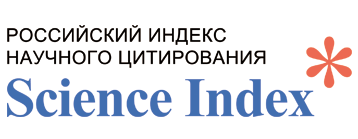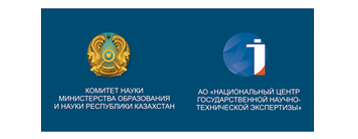ELECTROCHEMICAL DISSOLUTION OF TITANIUM ELECTRODES POLARIZED BY ALTERNATING CURRENT IN A HYDROBROMIC ACID AQUEOUS SOLUTION
Keywords:
titanium electrode, alternating current, current efficiency, electrolysis, current density, hydrogen bromide acidAbstract
The work shows the patterns of electrochemical dissolution of titanium electrodes polarized by alternating current in an aqueous solution of hydrogen bromide. The current density (200-1200 A/m2), hydrogen bromide concentration (1.0-5.0 M), electrolysis duration (0.25-2.0 hours), and electrolyte temperature depend on the current rate of the titanium electrode in the alternating current source (20°C-80°C) were considered. The maximum value of current yield was obtained at a current density of 400 A/m2 when titanium electrodes were polarized by an alternating current and it was recorded that the current yield is reduced at a high current density. It is shown that the current output for titanium increases directly proportional to the concentration of hydrogen bromide, i.e., hydrogen ion content. The order of the reaction which occurs during the electrolysis of hydrogen bromide is determined. It is proved that the current efficiency of dissolving titanium in the alternating current source decreases when the electrolysis time is increased, as the electrolysis products in the electrolyte settle down on the electrode surface. It is shown that as the temperature of the electrolyte solution is increased, the current output value for dissolving titanium rises to 48%. The activation energy determined according to the temperature-kinetic regime was 17.76 kJ/mol, the process was carried out according to the diffusion-kinetic regime. It was shown that titanium is dissolved in hydrogen bromide aqueous solution to form titanium (III) ions. The influence of the main parameters on the electrochemical dissolution of a polarized alternating current titanium electrode in hydrochloric acid is investigated and effective ways of titanium dissolution are considered.
The results of the research can be used to propose a new method of titanium waste recycling and increase the potential of titanium electrode usage in production.

















